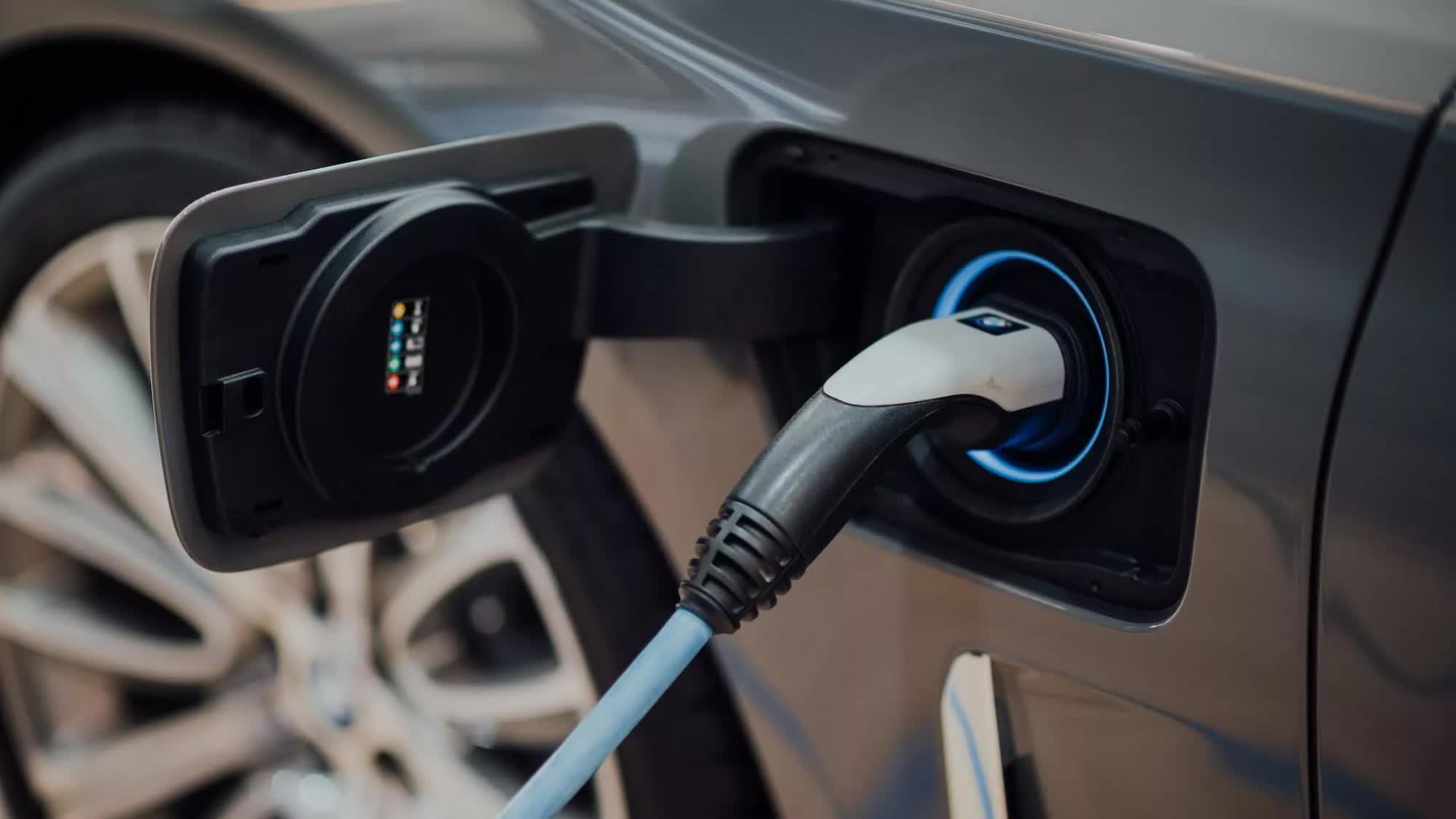In context: Freezing winter temperatures slow the chemical reactions in EV batteries, increasing charging times and reducing the charge the lithium-ion cells can hold. Extremely hot days can harm EV performance, too, as high ambient temperatures can also reduce driving range significantly. However, researchers are now tackling these problems head-on and working on multiple strategies to make batteries more weather-resilient.

One method to improve charging times in frigid weather is to improve the electrolytes to simultaneously have high ionic conductivity, low solvation energy and low melting point, and form an anion-derived inorganic interphase. A team of researchers led by Xiulin Fan, a professor at China's Zhejiang University, has just published a paper in Nature magazine, detailing exactly how that can be done in a move that could have far-reaching consequences in making EVs more practical in extreme weather.
According to the researchers, one of the best ways to improve electrolyte quality is to use small-sized solvents with low solvation energy that could change the way lithium ions move in the electrolyte, increasing the conductivity and facilitating faster charging. To do that, the researchers used a solvent called fluoroacetonitrile (FAN), which they say enables lithium-ion batteries to simultaneously achieve high energy density, fast charging and a wide operating temperature range.

It is worth noting that this is not the first time that researchers have tried to tackle the problems metal-ion batteries have in extreme weather. A couple of years ago, Zheng Chen, a materials scientist and engineer at the University of California, San Diego, and his colleagues published a paper, describing a new type of electrolyte that they claimed worked better than the current solutions in extreme weather, ranging from a freezing -40F (-40C) to a scalding 122F (50C).
EVs are getting increasingly popular in recent years, but the vast majority of car buyers are still opting for traditional ICE (internal combustion engine) vehicles for a variety of reasons. Most of the traditionalists cite the long charging times as a major reason for their decision to avoid EVs, but horror stories about malfunctioning cars in inclement weather aren't helping the transition either.
While the aforementioned research regarding new electrolytes is a huge positive for the EV industry as a whole, companies like Tesla and Rivian will be hoping that they will be practical enough to be implemented in real-world EV batteries in the near future. If that happens, it is sure to improve battery stamina and reduce charging speeds in extreme weather, making EVs more practical in frigid conditions than they have ever been.
https://www.techspot.com/news/102096-new-battery-tech-could-finally-improve-ev-performance.html

